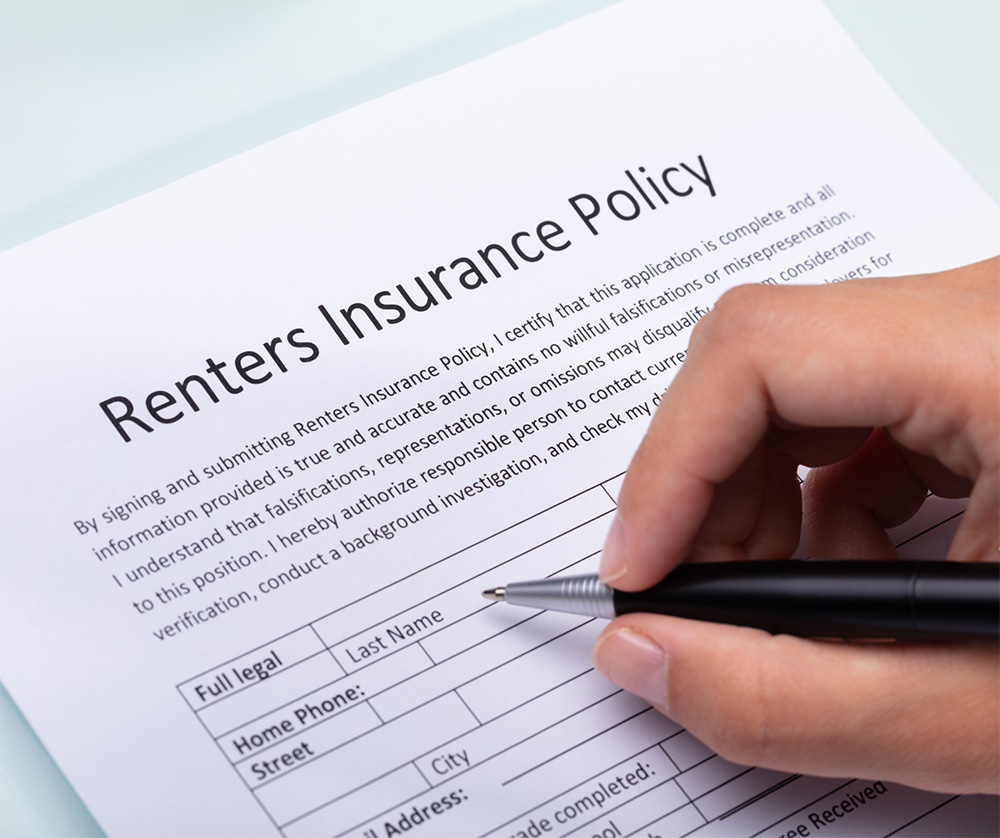If you rent property from a private individual or management company, you may think they have all the power as the property owner, but that’s not the case. Both federal and state laws protect your rights from the time your contract begins to the time it ends –and in some cases, even during your rental search.
Below are some general guidelines regarding your rights as a renter, but you should check with your local and state authorities to know what specific laws and regulations apply where you live.
People and companies that rent property must follow the same equal opportunity laws as other businesses. The federal Fair Housing Act dictates that you cannot be discriminated against based on religion, race, national origin, disability, family status, gender, or sexual orientation. This applies during both the application process and after you’ve signed a contract.
If you feel like the property ownerviolates these protections, you can file a complaint with theU.S. Department of Housing and Urban Development. You can also consult with a lawyer to pursue other options.
Even if you’ve reached an understanding with the property owner to tackle some maintenance or home improvement projects yourself, ultimately, it’s the property owner who is responsible for making sure the building is up to code and that everything is in working owner. Maintenance and safety include everything from running toilets, to broken dishwashers, to frozen pipes. Property owners might also be responsible for outdoor hazards, such as removing fallen branches, keeping sidewalks and driveways free of snow, and maintaining outdoor security lights.
Your lease agreement should contain directions on what steps to take if you need a repair made. Make sure you know what your responsibilities are, and follow the steps outline in your agreement. Document any request you make for repairs or upkeep. Keep a record of the date, your request was submitted and when the problem is fixed. If requests go unanswered, contact your local housing agency to find out what options you have.
Most likely, you paid a security deposit when you signed your lease. The security deposit helps reimburse the property owner for any damage done to the property during your lease. Typically, security deposits can be used for deep cleaning and repairs, but not for everyday wear and tear. Unfortunately, property owners often abuse this, which is why it’s crucial to protect yourself.
Carefully read your lease before signing your contract so you understand your security deposit terms. Schedule a walk-through with your property manager before you move in and write down any maintenance issues. Take pictures of any stains, chipped cabinets, peeling paint, loose tile, bent blinds, or any other damage you see. Doing this now and getting the property manager to acknowledge them can help avoid disagreements and conflicts when you move out.
As a renter, you also must respect the rules you agreed to as part of your lease. Common restrictions include not allowing smoking or owning a pet.They might include not allowing you to repaint the kitchen or hang pictures on the walls. If you’re renting a house, you may be responsible for yard work such as mowing grass, raking leaves, and shoveling snow. Make sure you know what duties you’re required to perform. Not doing them could put you in breach of your contract.
While the property owner’s insurance will cover the property itself, you’re responsible for any damage done to your possessions. Fortunately, renter’s insuranceis very affordable. It will reimburse you for damage to or theft of your property and might also provide liability coverage or reimbursement for living expenses if you are required to move out for some reason. Check with your insurance agent to determine what type of renter’s policy you might need.
Would you like to learn more about how renter’s insurance can help cover you? Contact Sea Mountain Insurance for information. We’re happy to help.
